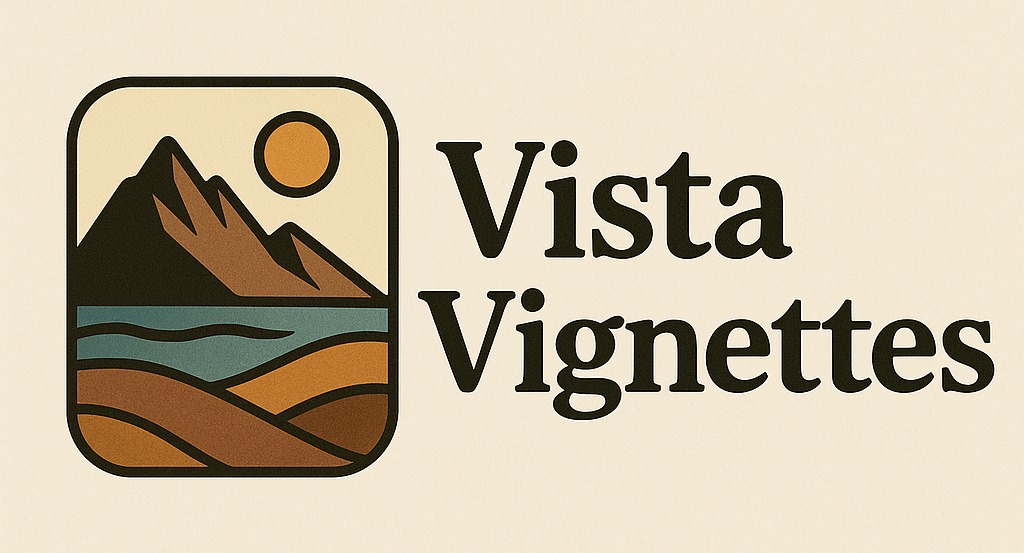These United States, you see, wouldn’t exist with out excessive tea – and excessive tea taxes. When the British crown taxed our tea imports to boost income, it assumed that the colonists wouldn’t dare forgo the snobbish every day ritual of scorching water, scones and clotted cream. However our forefathers tossed that tea into the ocean. And, voilà!… America. Certainly, over time, political leaders have repeatedly miscalculated when slapping high-end drinks – corresponding to tea and, extra to the purpose, wine – with tariffs.
How fortifications bred oddball grapes
Medieval citadels, with their slender arrow slits and deep moats, weren’t erected merely for defence, vacationer selfies and Monty Python film scenes. In truth, they created financial choke factors the place principalities might extract tolls. So the following time you marvel why, say, Italy gives so many various regional wine kinds and grape varieties, contemplate the previous value of carting wine to the following city. I suppose this implies now we have greed to thank for grape variety.
Taxation at its silliest
If this yr’s tariff discuss has had you considering ‘mad king’, contemplate the next fancifully named British royal wine tariffs, first enacted within the twelfth century: prisage allowed the king to say a part of each wine cargo, whereas butlerage compelled overseas retailers to pay a wine obligation to only one man: the royal butler. These are actually my two favorite phrases.
The Dutch drainage debacle
Within the 1600s, says Rod Phillips, a professor of historical past at Carleton College in Ottawa, Canada, and writer of French Wine: A Historical past (College of California Press, 2016), most wine shipped from Bordeaux really got here from inland areas, as a result of Bordeaux was a fetid swamp. When Dutch engineers confirmed up, drained the Médoc and planted vineyards, France freaked out about ‘the variety of foreigners’ within the area and thanked them with… punitive tariffs. As a result of – and this mayyyy resonate with US readers – overseas people who learn about farming ought to be banished.
Had been the Portuguese good at wine, or at treaties?
Faculty college students, toss your Economics 101 textbooks out the window. As a result of legendary economist David Ricardo’s ‘comparative benefit’ principle – famously illustrated by way of the instance of British wool for Portuguese wine – is predicated on a fiction. ‘Truly, within the early 1700s, Portugal had virtually no commerce in wine, as a result of their wine was low high quality and never very fashionable,’ clarifies economist John Nye, professor of economics at George Mason College and writer of Battle, Wine, and Taxes (Princeton College Press, 2007). That’s, scrumptious Ports (as we all know them immediately) have been solely developed as a results of the Methuen Treaty of December 1703, not the opposite means round. Portugal solely received its act collectively after England prohibited French wine imports throughout 25 years of battle, then closely taxed them afterwards.
‘The Crown’ à la ‘The Sopranos’
Throughout England’s anti-France tariff period, ships laden with contraband top-shelf Bordeaux had a suspicious behavior of drifting close to British shores, the place privateers would ‘seize’ and public sale their contents to keen Brits, based on historian Phillips. Cosy backroom offers, it seems, have been taking place between châteaux, pirates, retailers and collectors. ‘If that wasn’t the plan, they have been actually silly to maintain sending wine that means,’ Phillips factors out.
Tariffs can (type of) work out for wonderful wine, however they’re higher for no wine in any respect
Excessive-end drinks climate tariffs higher than low-cost swill, as a result of budget-conscious consumers balk at value hikes, whereas status consumers are much less more likely to blink ($1,000, $2,000, who’s counting?). Free commerce, nonetheless, helps each drinker, based on Professor Orley Ashenfelter, president of the American Affiliation of Wine Economists.
Ashenfelter factors out that the free commerce agreements of the early Nineties – the EU’s Maastricht Treaty and North America’s NAFTA – raised wine high quality requirements throughout the board. Living proof: if not for NAFTA, Ashenfelter tells me, the erstwhile ‘horrible however low-cost’ wineries of Niagara in Canada wouldn’t have gone out of enterprise, within the course of paving the best way for immediately’s ice wine (and each wine) excellence. Chilly consolation, and higher ingesting.
In my glass this month
I not too long ago tasted via a stellar line-up of 2023 Willamette Valley Pinot Noirs and Chardonnays with a gaggle of winemakers from Abbott Declare, Adelsheim, Cristom, Lingua Franca and Résonance, and got here away fairly bullish in regards to the classic. All have been energetic and beneficiant of their youth, however hinted at depth and expression to come back. Once I requested our seminar viewers to explain this thrilling classic in a single phrase, I acquired pleasant replies – together with ‘brivacious’. Bravo!



